How We Learn By Monisha Pasupathi
$239,00 $5,00
Review of “How We Learn” by Monisha Pasupathi – Digital Download!
Let’s embark on a captivating adventure to uncover remarkable insights that spark your curiosity and elevate your understanding
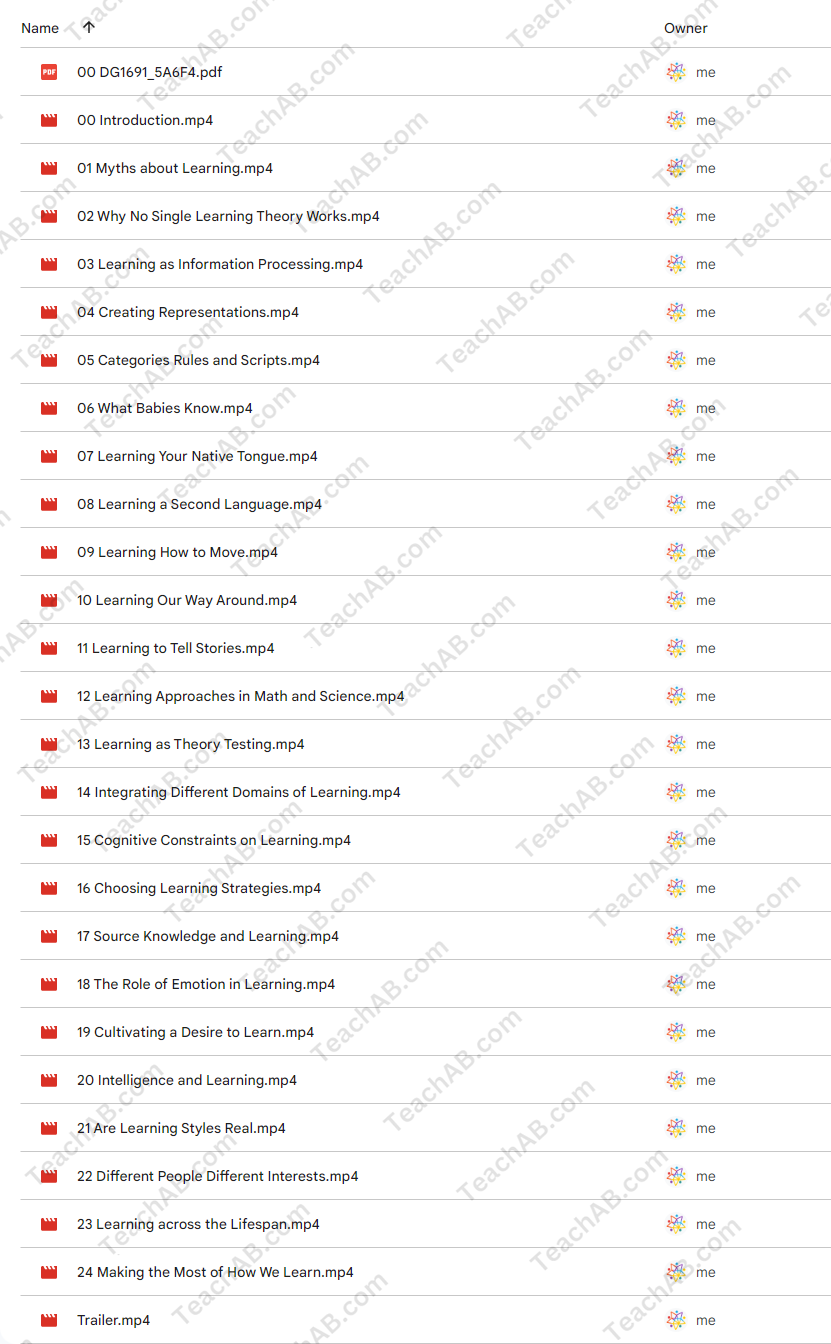
How We Learn By Monisha Pasupathi
Overview

Review of “How We Learn” by Monisha Pasupathi
In the ever-evolving landscape of education, understanding the mechanisms of learning is paramount. “How We Learn” by Monisha Pasupathi serves as a beacon of insight in this realm, offering a thorough examination of the cognitive processes that underpin learning. Presented through a series of 24 engaging lectures, Dr. Pasupathi, a respected professor of psychology at the University of Utah, breaks down complex theories and practical insights into accessible concepts. This course is designed not only for educators keen on enhancing their pedagogical strategies but also for learners seeking to grasp how knowledge is acquired across various stages of life. Through thoughtful analysis, engaging narratives, and a critical look at misconceptions surrounding learning, this course provides a comprehensive exploration relevant to our hyper-connected, information-saturated world.
The Cognitive Landscape of Learning
Dr. Pasupathi’s exploration begins by unpacking the cognitive processes involved in learning. Our minds, much like intricate machines, are capable of remarkable feats, channeling vast amounts of information into coherent thoughts and skills. However, the modern age presents unique challenges, primarily due to the sheer volume of information available at our fingertips. In her lectures, Dr. Pasupathi emphasizes how this information overload can lead to confusion and disengagement.
The Myth of the Super Learner
Many individuals fall victim to the myth that some people are inherently better learners than others. This idea is akin to believing that some birds are just born to fly, while others must struggle to take off the ground. Dr. Pasupathi dispels this notion, arguing that learning is a skill that can be honed and improved. She draws on studies that reflect the malleability of our cognitive abilities, illustrating that deliberate practice and positive reinforcement can significantly enhance learning outcomes.
This perspective encourages a more inclusive approach to education, suggesting that with the proper tools and strategies, every individual can reach their learning potential. Dr. Pasupathi underscores the importance of fostering resilience and adaptability, qualities that can greatly influence one’s ability to navigate complex information landscapes.
Navigating the Information Jungle
Living in a hyper-connected world has changed the way we engage with information. Much like navigating a dense jungle, learners must carefully weave through countless streams of data while avoiding distractions that can derail the learning process. Dr. Pasupathi invites us to critically reflect on our environments, noting that the constant availability of information often hampers our ability to focus. Research indicates that our attention spans have shrunk significantly in recent years, making it increasingly vital for learners to develop strategies for effective engagement.
To counter these challenges, Dr. Pasupathi suggests practical methods, such as setting defined goals, minimizing distractions, and leveraging technology to enhance rather than hinder learning experiences. By adopting these strategies, learners can reclaim their cognitive space and transform the overwhelming barrage of information into manageable learning opportunities.
The Case for Lectures
In a world that often favors interactive learning, Dr. Pasupathi champions the structured lecture as a vital teaching strategy. Critics often denounce lectures as outdated; however, she mounts a compelling defense for their value. Well-crafted lectures, she argues, serve as a roadmap through complex material, enabling learners to follow an expert’s thought process while digesting information more effectively.
Structuring Knowledge
Dr. Pasupathi posits that a well-structured lecture can provide clarity and coherence to intricate topics. Just as an architect meticulously plans a building, a proficient lecturer organizes information logically, guiding students through the layers of understanding. This approach allows educators to present multifaceted concepts in digestible segments, making it easier for learners to grasp challenging ideas.
Advantages of Direct Instruction
Furthermore, she highlights that interactive learning environments may inadvertently encourage superficial engagement, potentially undermining the development of essential listening and comprehension skills. Reflecting on past educational practices, Dr. Pasupathi suggests that earlier generations were more accustomed to lengthy orations and focused listening. This historical perspective supports her argument for the continued relevance of lectures, as they foster an environment where critical thinking and comprehension can flourish.
| Teaching Method | Advantages | Disadvantages |
| Lectures | Structured delivery, expert guidance, clarity | Can be passive, risk of disengagement |
| Interactive Learning | Engagement, peer collaboration | May lead to surface-level understanding |
Engaging with Learning Environments
Dr. Pasupathi does not merely present strategies; she encourages a thoughtful reflection on the environments where learning occurs. The physical and digital spaces we inhabit play a crucial role in shaping our ability to acquire knowledge effectively. Times have changed, and so have the demands placed upon learners.
The Impact of Environment
Consider the implications of an environment saturated with distractions smartphones buzzing, notifications popping up, and endless streams of information vying for our attention. In such environments, studying becomes akin to trying to catch water with a sieve. Dr. Pasupathi advocates for creating conducive learning environments that foster focus and deep engagement. This can be achieved through designated study spaces, organized resources, and the establishment of routines that prioritize learning.
Leveraging Technology Mindfully
Despite the challenges posed by technological distractions, Dr. Pasupathi emphasizes that technology can also enhance learning if used mindfully. Online resources, educational apps, and collaborative platforms can supplement traditional learning methods when integrated thoughtfully. The key lies in maintaining the balance between leveraging technology and ensuring it does not remain an obstacle to deep learning.
Unraveling Misconceptions About Adult Learning
One of the most compelling aspects of Dr. Pasupathi’s course is her focus on adult learners. There is a pervasive myth that adults are less capable of learning new information compared to their younger counterparts. This notion resembles a stubborn weed, resisting uprooting.
Adult Learning as Empowerment
Dr. Pasupathi demolishes this misconception by showcasing the unique advantages that adult learners possess. Adults often bring a wealth of experience and contextual knowledge to their learning processes, allowing them to engage more deeply with material. Their motivation is often rooted in personal or professional objectives, making learning not just a requirement but an empowering journey.
This idea resonates with many individuals who return to education later in life. They find themselves more engaged and invested, as their learning is tied to real-life applications. The passion and motivation displayed by adult learners can often surpass that of younger students, redefining what it means to learn at any age.
Lifelong Learning as a Lifeline
In a rapidly changing world, the need for lifelong learning has never been more significant. Dr. Pasupathi argues that embracing the concept of lifelong learning equips individuals to adapt to evolving circumstances and continuously acquire new skills. This approach nurtures resilience and keeps the mind agile, akin to training for a marathon rather than a sprint.
Strategies for Enhanced Learning
In concluding her course, Dr. Pasupathi presents a toolkit of strategies designed to enhance the learning experience for individuals of all ages. These strategies serve as guiding principles, akin to maps for travelers embarking on new journeys.
Self-Regulated Learning Techniques
One key area she focuses on is the importance of self-regulated learning. This involves setting clear goals, monitoring progress, and adjusting methods as needed. By fostering self-awareness, learners become more empowered to take charge of their educational journeys.
The Role of Reflection
Another critical component is the practice of reflection. Engaging in reflective practices, such as journaling or discussing insights with peers, can solidify learning and encourage deeper understanding. This reflective process allows learners to contextualize information, drawing connections that lead to long-term retention.
| Strategy | Description |
| Self-Regulated Learning | Setting goals, monitoring progress, adapting methods |
| Reflection | Journaling, discussions to enhance understanding |
| Goal Setting | Establishing clear, achievable objectives |
| Mindfulness Training | Enhancing focus and engagement |
The Call to Action
Dr. Pasupathi’s course is more than just a collection of theories and techniques; it is a call to action. She urges individuals to embrace their learning journeys, armed with the insights provided throughout the lectures. By acknowledging the complexities of learning and actively engaging with the material, everyone can unlock their potential.
Conclusion
In sum, “How We Learn” by Monisha Pasupathi opens a window into the intricate world of cognitive processes involved in learning. Through well-structured lectures, Dr. Pasupathi offers valuable insights and practical strategies that challenge common misconceptions surrounding education. As we stand at the intersection of technology and learning, her emphasis on the importance of structure, reflection, and self-regulation paves the pathway for effective learning experiences. Whether you are an educator, a student, or an individual committed to lifelong learning, this course provides essential tools that inspire the transformational journey of education. Embrace the opportunity to learn, reflect, and grow, for the journey of acquiring knowledge is as vital as the knowledge itself.
Frequently Asked Questions:
Innovation in Business Models: We use a group purchase approach that enables users to split expenses and get discounted access to well-liked courses. Despite worries regarding distribution strategies from content creators, this strategy helps people with low incomes.
Legal Aspects to Take into Account: Our operations’ legality entails several intricate considerations. There are no explicit resale restrictions mentioned at the time of purchase, even though we do not have the course developers’ express consent to redistribute their content. This uncertainty gives us the chance to offer reasonably priced instructional materials.
Quality Control: We make certain that every course resource we buy is the exact same as what the authors themselves provide. It’s crucial to realize, nevertheless, that we are not authorized suppliers. Therefore, the following are not included in our offerings: – Live coaching sessions or calls with the course author.
– Entry to groups or portals that are only available to authors.
– Participation in closed forums.
– Straightforward email assistance from the writer or their group.
Our goal is to lower the barrier to education by providing these courses on our own, without the official channels’ premium services. We value your comprehension of our distinct methodology.
Be the first to review “How We Learn By Monisha Pasupathi” Cancel reply
You must be logged in to post a review.
Related products
Personal Development
Online – The Demartini Values Training Program – USA 2020 (Videos Only) By Dr John Demartini
Personal Development
Personal Development
Personal Development
Human Design Business Kickstart Bundle 2024 By Becca Francis





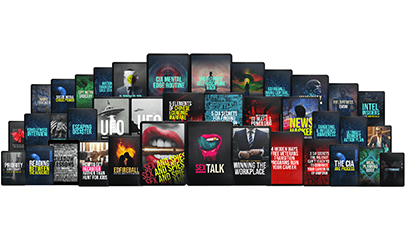
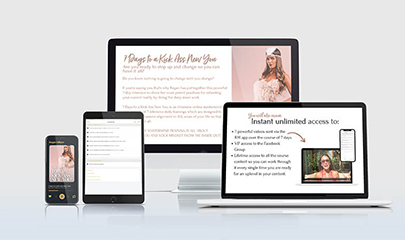
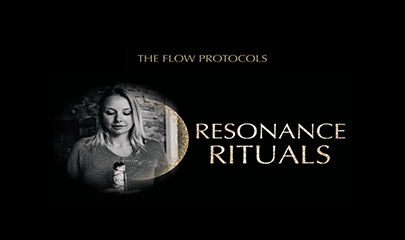


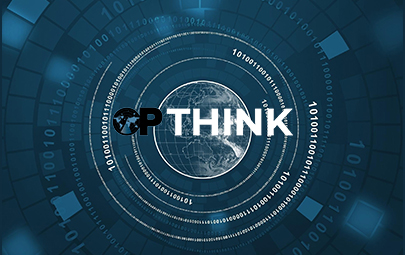
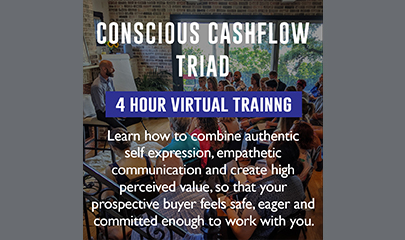
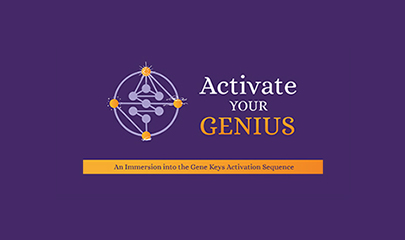

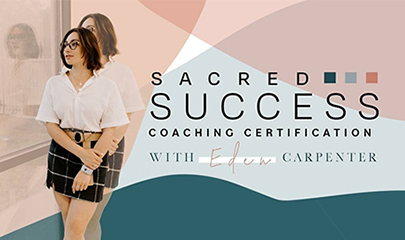
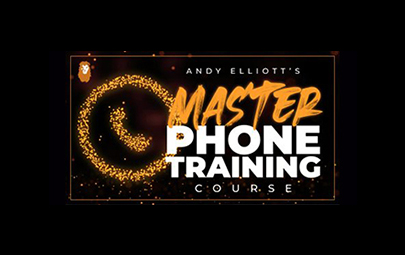

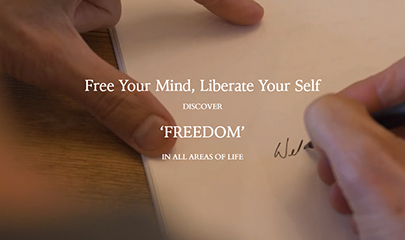

Reviews
There are no reviews yet.